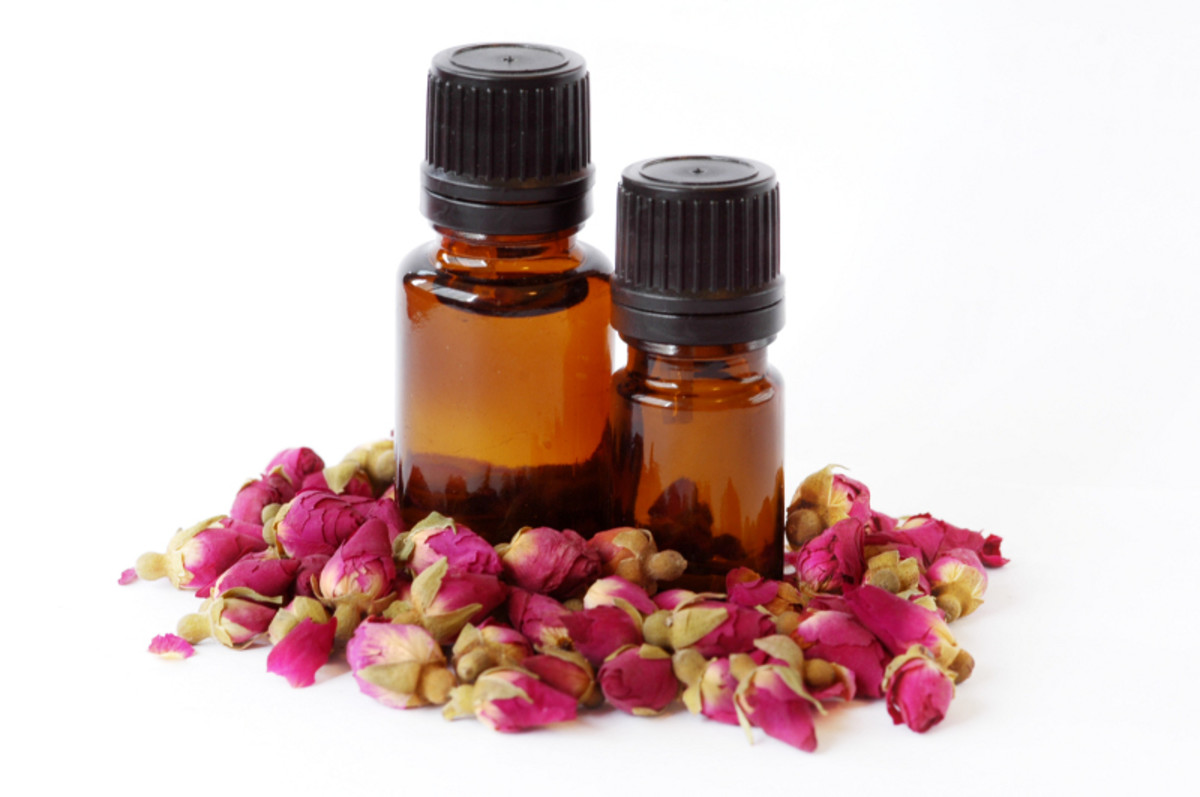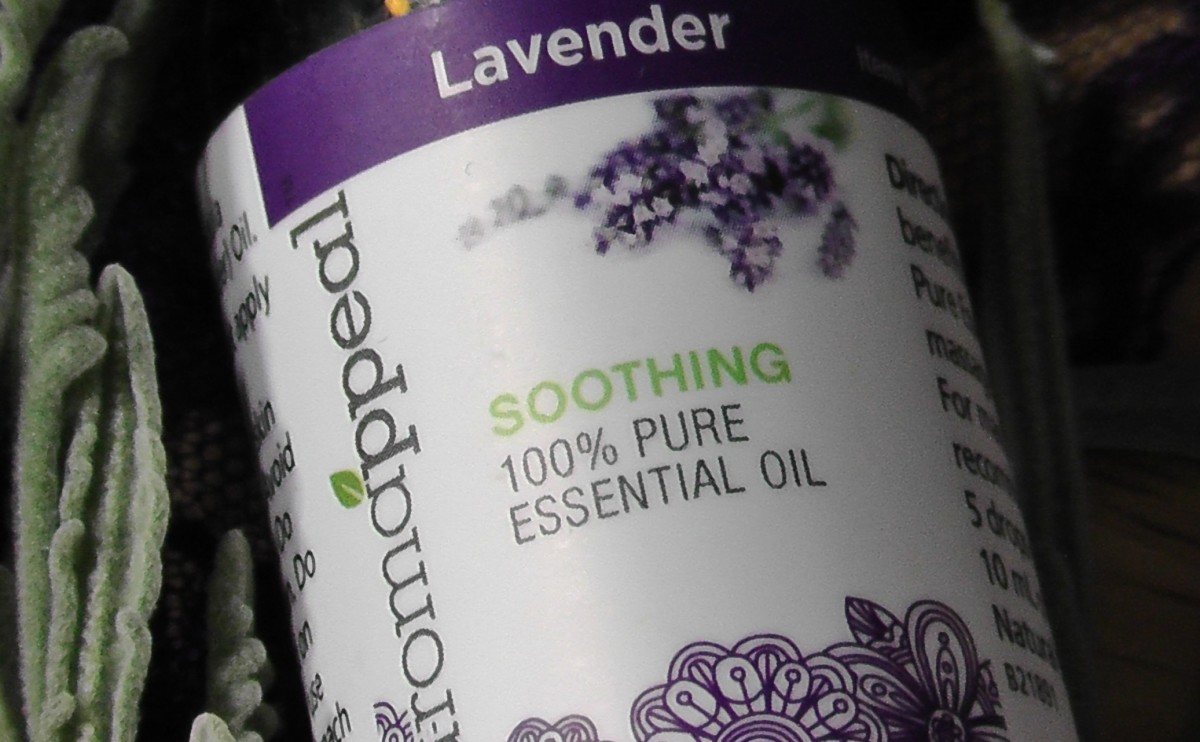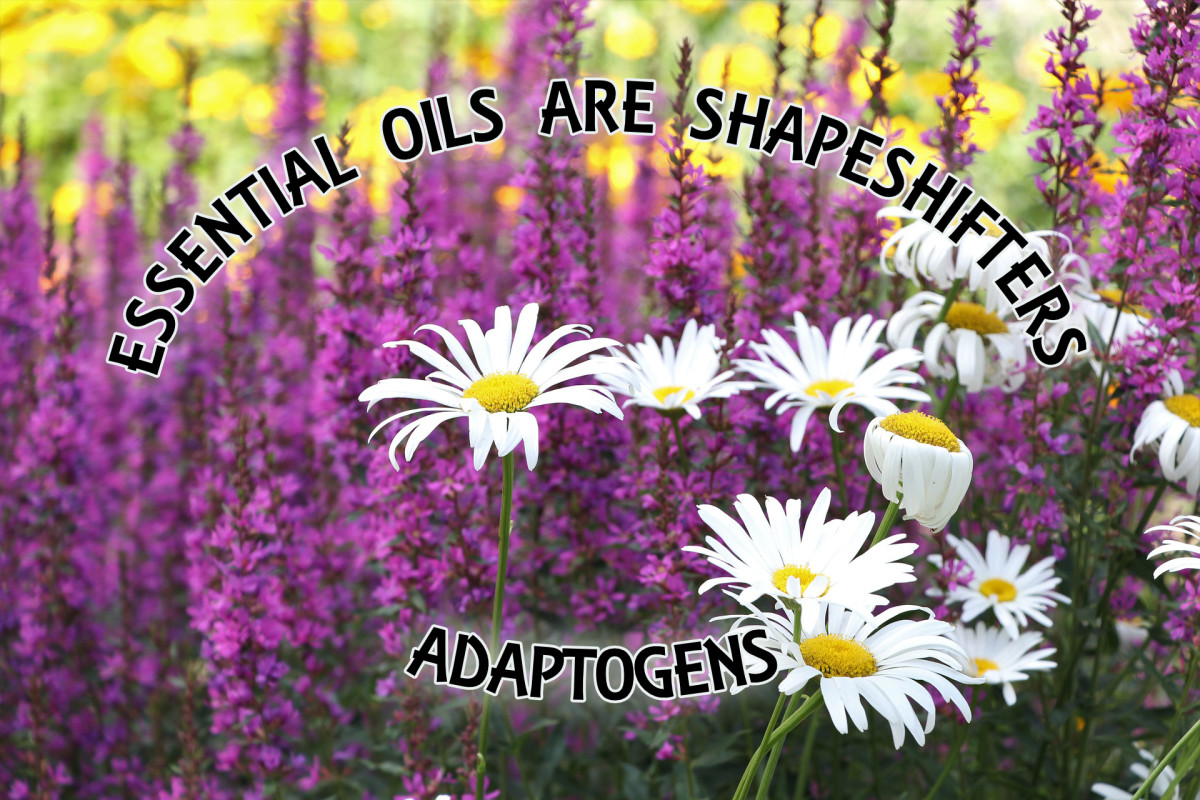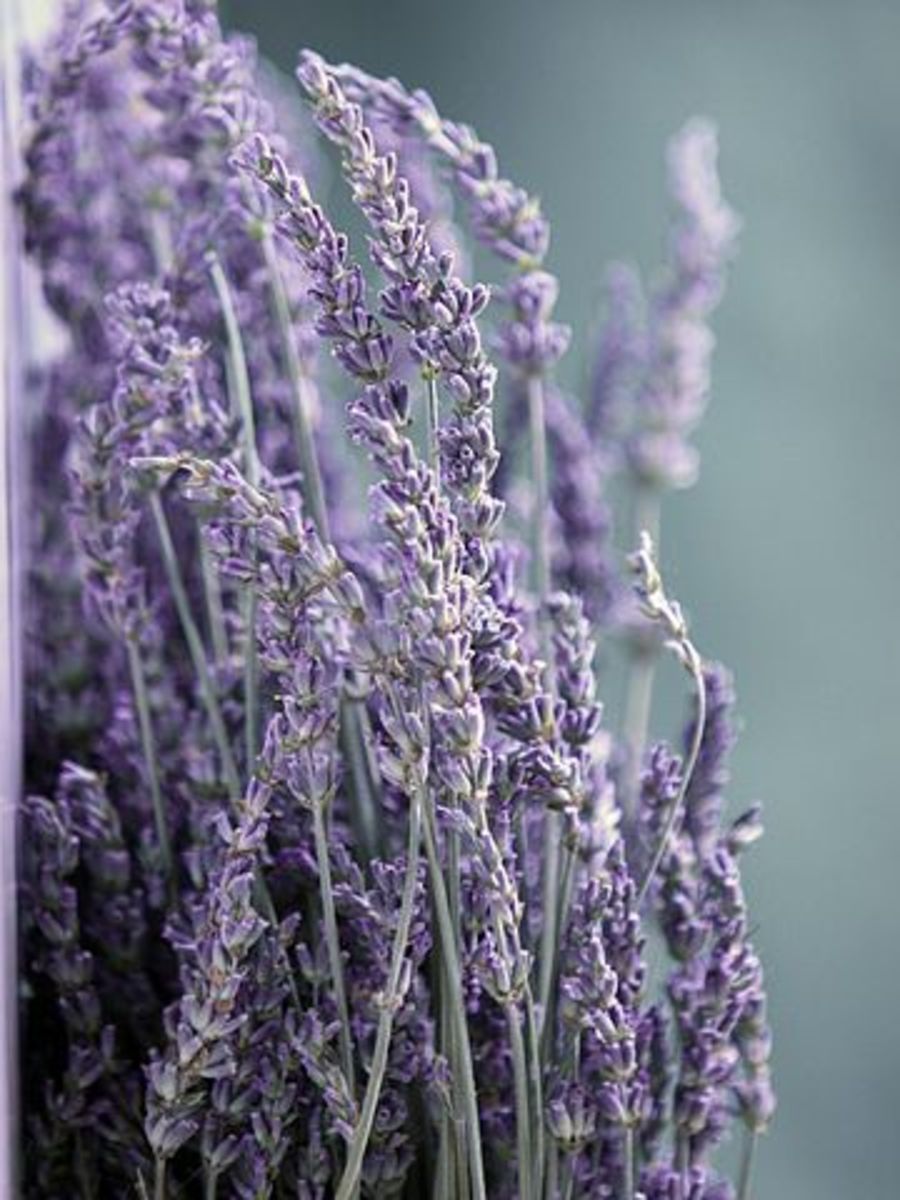- HubPages»
- Health»
- Alternative & Natural Medicine»
- Aromatherapy
Get A Better Night's Sleep With These 5 Essential Oils
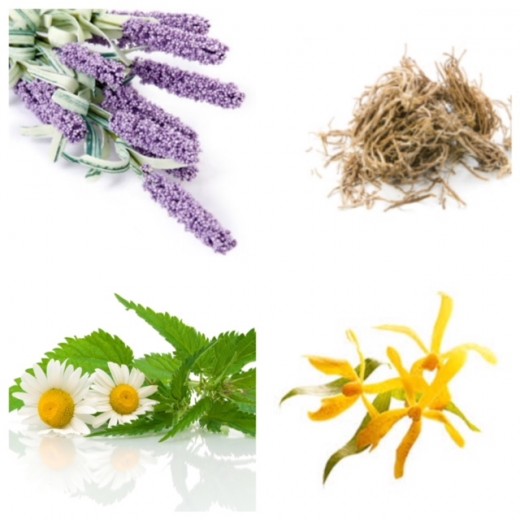
Sleep Disorders...What Are They?
Ever since I was a child, sleep has never come easily. As I get older, I hear more and more people saying how difficult it is for them to not only fall asleep, but stay asleep. At the age of 21, I was prescribed Xanax which I only took once. The side effects and damage to my body were not something I wanted; I preferred a sleepless night. As an advocate for essential oils, this had me wondering, "What oils can I use to get to sleep, without sleeping pills or other drugs? There has to be a way." With this question in mind, I set forth on my journey of research, trial and error.
According to the American Sleep Association, 50-70 million U.S. adults suffer from a sleep disorder, with about 30% of those individuals suffering from insomnia. Based off of studies done, insomnia is the #1 cause of sleep disorders in the U.S. So what is a sleep disorder?
As described my the Mayo Clinic:
"...Sleep disorders are changes in the way that you sleep. A sleep disorder can affect your overall health, safety and quality of life. Sleep deprivation can affect your ability to drive safely and increase your risk of other health problems..."
Common Sleep Disorders
There are several types of sleep disorder, but the most common are:
- Sleep apnea: you experience abnormal patterns in breathing while you are asleep. There are several types of sleep apnea.
- Restless legs syndrome (RLS): a type of sleep movement disorder. Restless legs syndrome, also called Willis-Ekbom disease, causes an uncomfortable sensation and an urge to move the legs while you try to fall asleep.
- Narcolepsy: a condition characterized by extreme sleepiness during the day and falling asleep suddenly during the day.
- Insomnia: you have difficulty falling asleep or staying asleep throughout the night.
Many of these disorders require a doctor's diagnosis and monitoring, however, incorporating the following essential oils into your nighttime routine, could prove helpful.
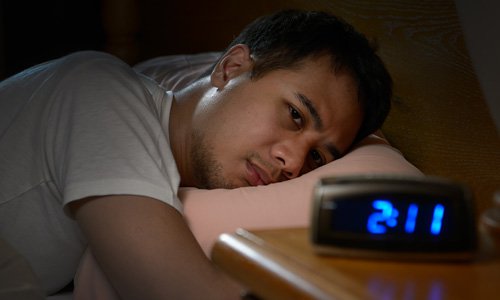
5 Essential Oils To Help You Get A Better Night's Sleep
As mentioned before, the most common sleep disorder is insomnia, which has several causes. It has been suggested that insomnia is ultimately the result of the brain not being able to turn off. This can be due to stress, blue light from cell phones and televisions (which suppresses the production of melatonin more than any other type of light), or anxiety. Whatever the cause, these 5 essentials oils can help you settle in for a good night's sleep.
- Lavender - If you're familiar with my articles, you know that Lavender is always listed. It is one of my go to essentials oils for almost everything. In regards to sleep issues, according to a study at Southampton University in England, lavender can increase your sleep quality by 20%. Sleep specialist, Christabel Majendie, states, "One of the major components of lavender oil, linalool, produces a sedative effect by acting on GABA pathways. GABA is one of the major inhibitory neurotransmitters in the nervous system so is responsible for reduced nerve cell excitation...GABA also has a major role to play in brain circuits involved in sleep."
- Vetiver - Vetiver oil is distilled from the plant's roots, and contains over 100 components. If you have time, please research this amazing oil. It has been used to treat ADHD, anxiety, brain health, joint disorders, and skin problems. The reason for this is because of important compounds in vetiver like: khusimene, delta-selinene, beta-vetivenene, cyclocopacamphan-12-ol (epimers A and B), vetiselinenol, khusimol, isovalencenol, khusimone, alpha-vetivone and beta-vetivone. Vetiver has a very earthy scent, that can take some getting used to, so I always recommend blending it with a few drops of lavender. There isn't a specific measurement; just whatever smells good to you.
- Roman Chamomile - This incredible oil reduces anxiety, has antimicrobial and antioxidant properties to assist with allergies, and can promote drowsiness and calmness. Chamomile extracts reduces a stress-induced increase in plasma adrenocorticotropic hormone levels. Basically this means it settles your nerves to help you slip into a nice slumber.
- Ylang-Ylang - Ylang Ylang has been known throughout the ages as a strong sedative. It contains compounds that are used to treat depression, stress, tension, and anxiety
- Bergamot - Bergamot has powerful mood stabilizing effects, that promote calmness, clarity, and relaxation. Bergamot is a peel from an exotic fruit that smells like citrus.
How To Use Essential Oils
You can blend different oils together, to get your perfect potion. I like to mix lavender, chamomile and ylang-ylang together with a carrier oil, and apply it topically just under by nose and at the bottoms of my feet. I typically use a 1:1 ratio. There are several types of carrier oils, but the following are my favorite:
- Fractionated coconut oil
- Avocado oil
- Jojoba Oil
Aside from a topical application, other ways to diffuse the oils are:
- Diffuser - Just a few drops in your diffuser will do the trick. Most diffusers have a guideline you can follow.
- Baths - Be sure to add a carrier oil, and add essential oil/s to your liking
- Simply Inhalation - Open your bottle of oil, and breathe
- Steam Inhalation - Put a few drops of your oil/s into a bowl of hot water. Cover your head with a towel, and lean into the steam, allowing the towel to trap it. Now, just breathe.
- Massage - After mixing your oil/s with a carrier oil, you can massage them into your skin.
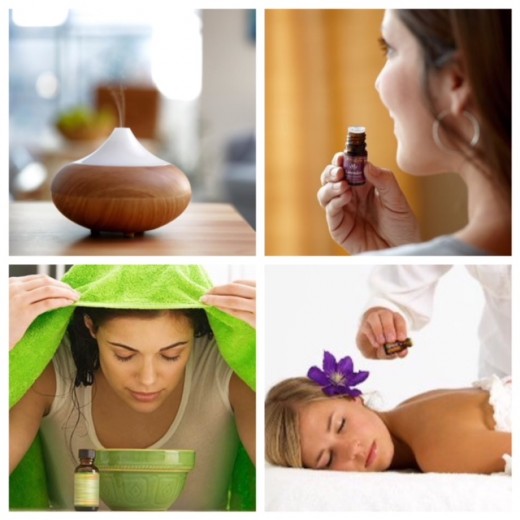
As with any supplement, vitamin, essential oil or change to a health routine, consult your doctor first. Take the time to research the essential oils you choose before using them.



